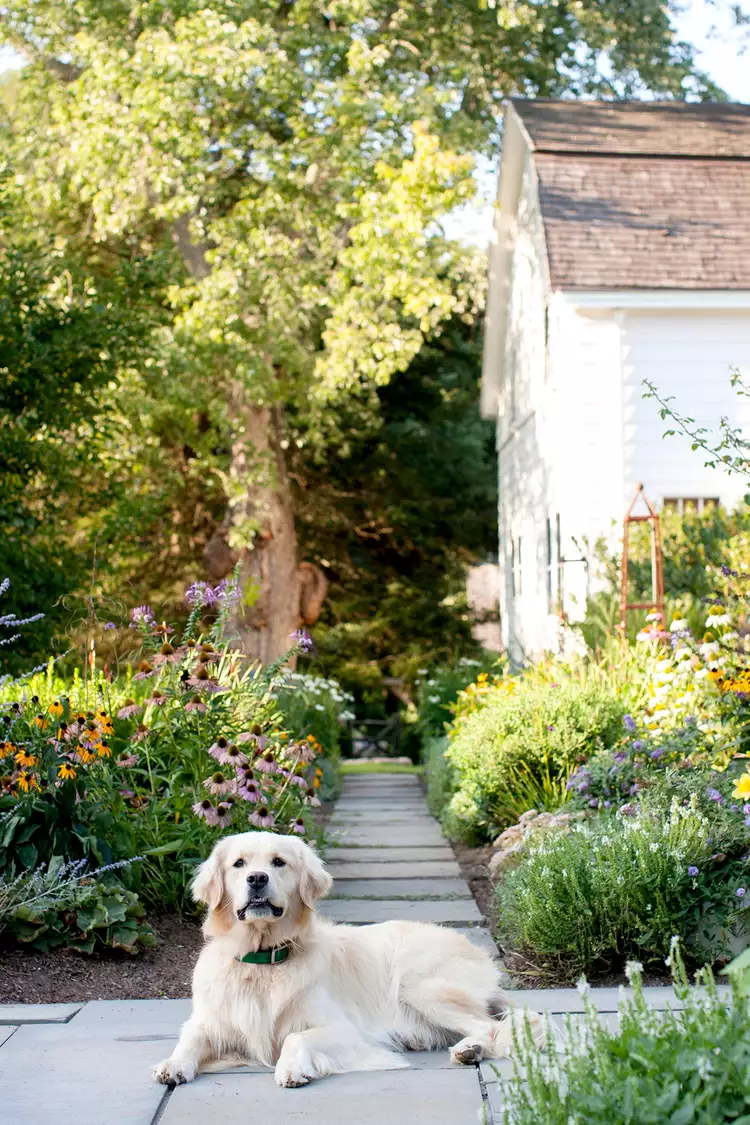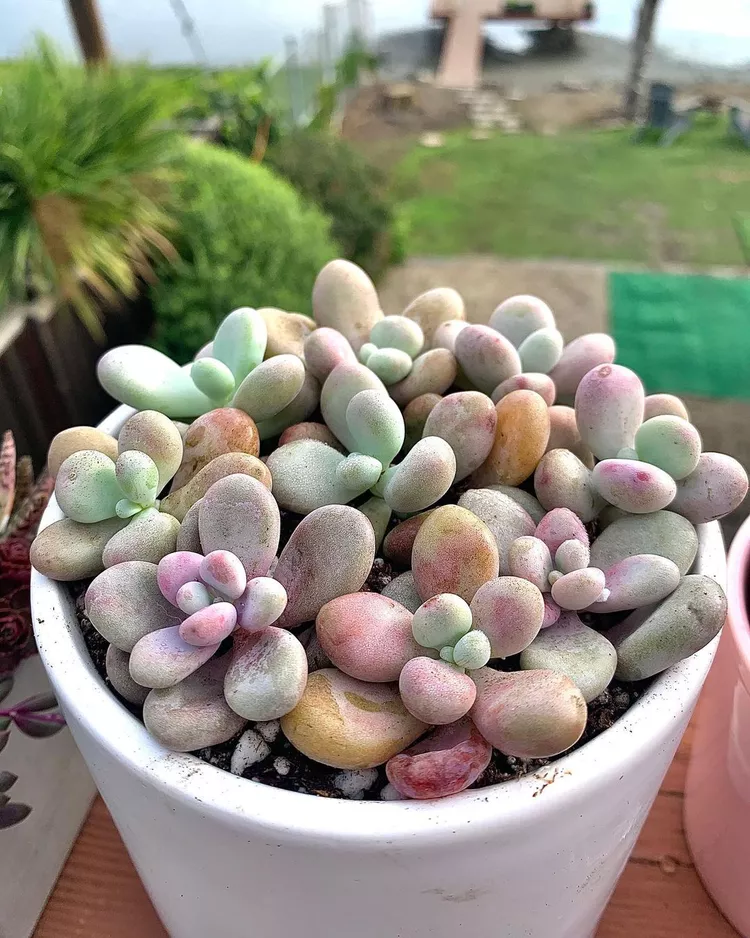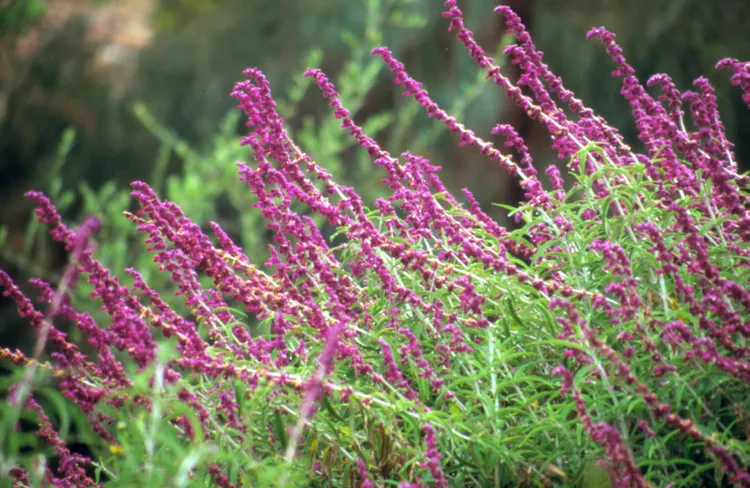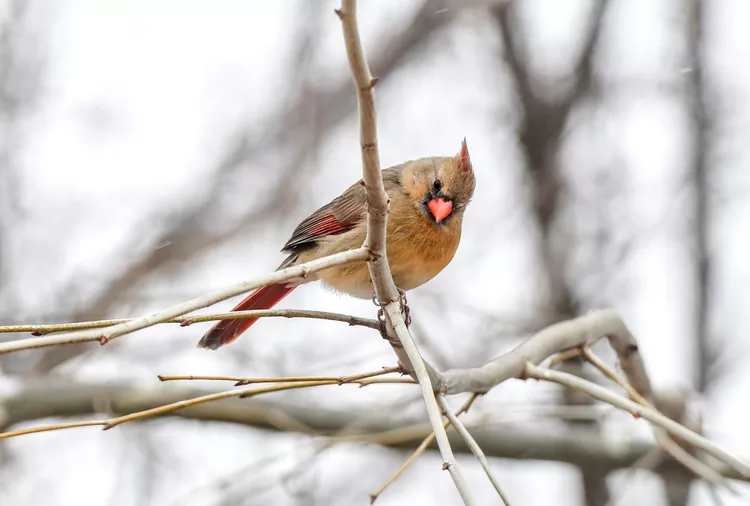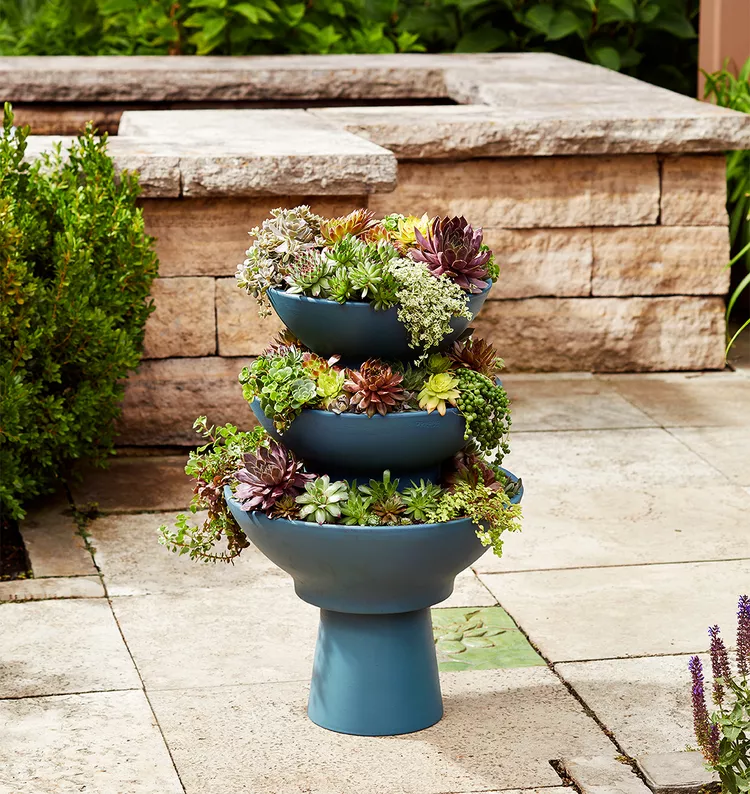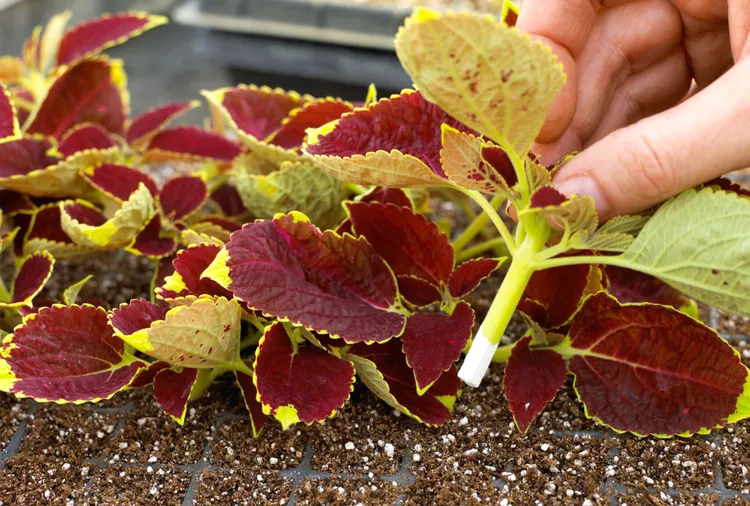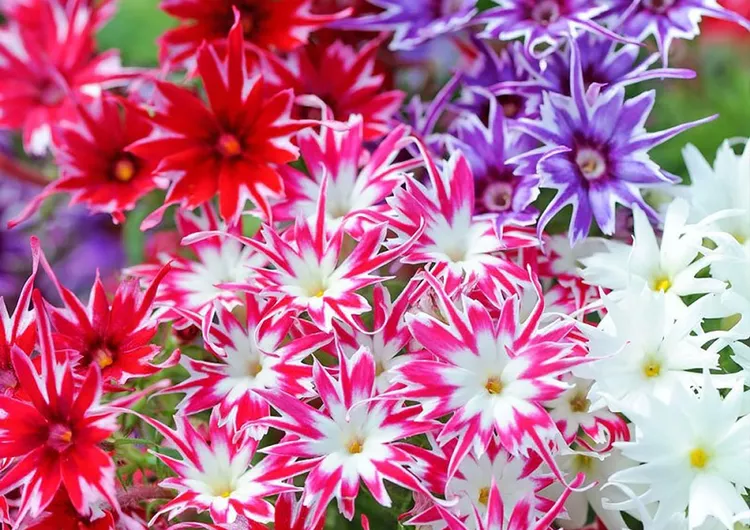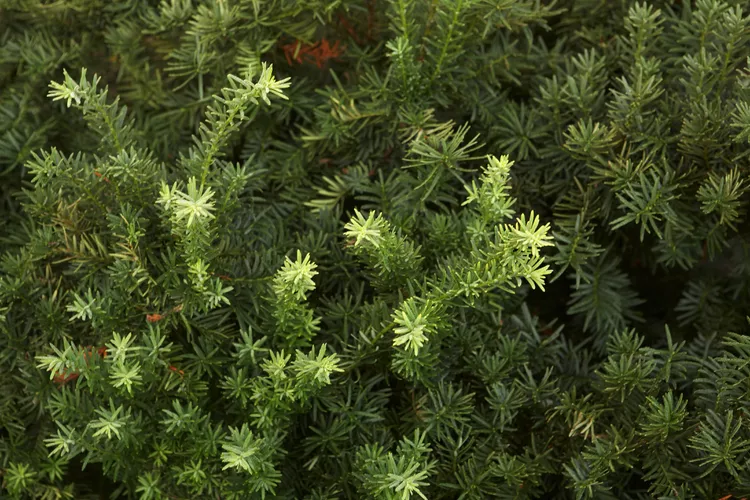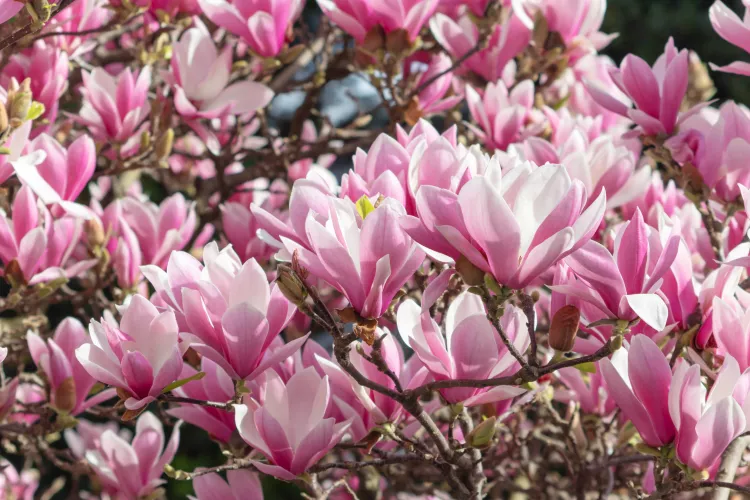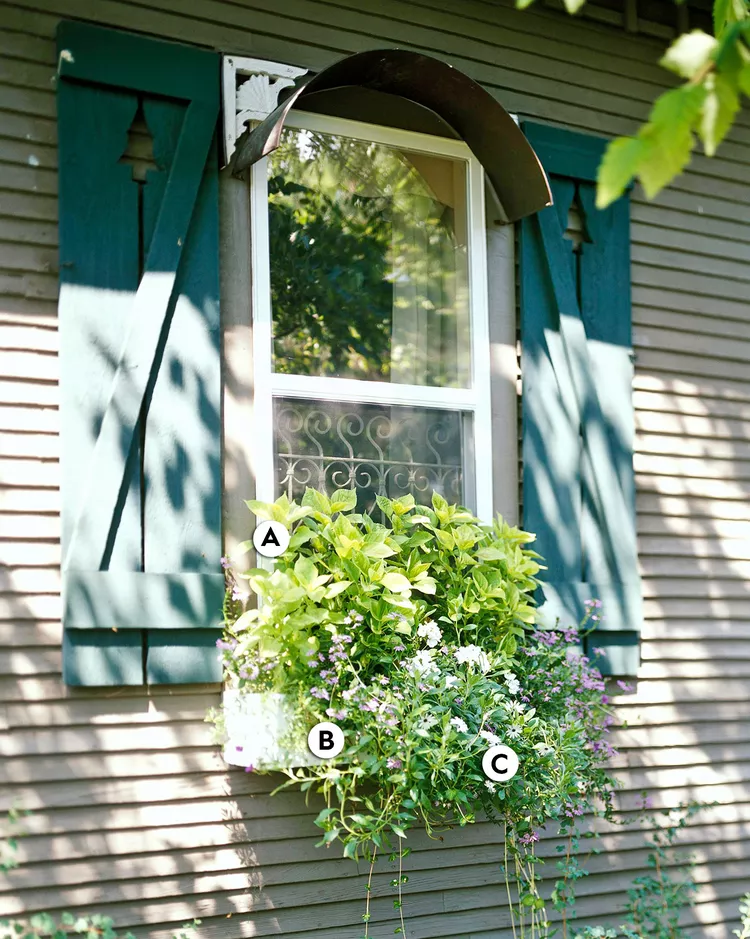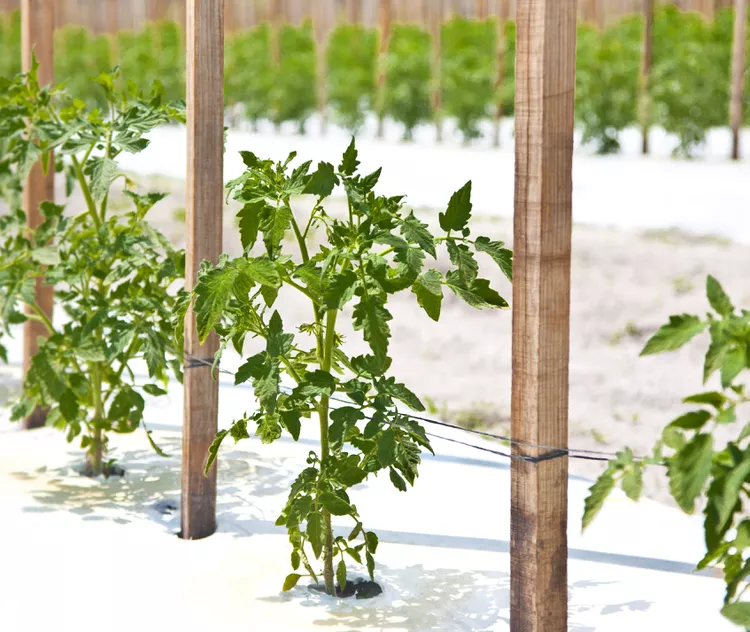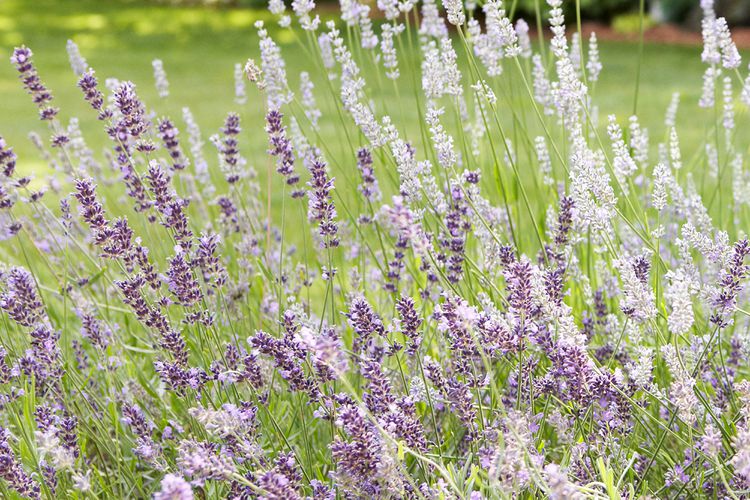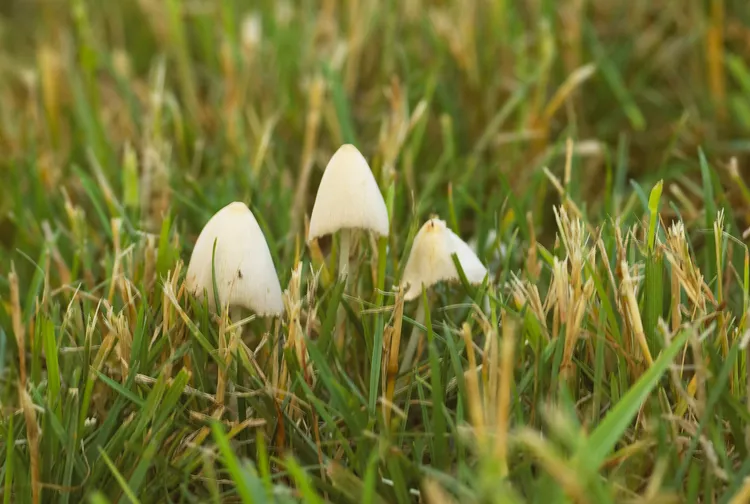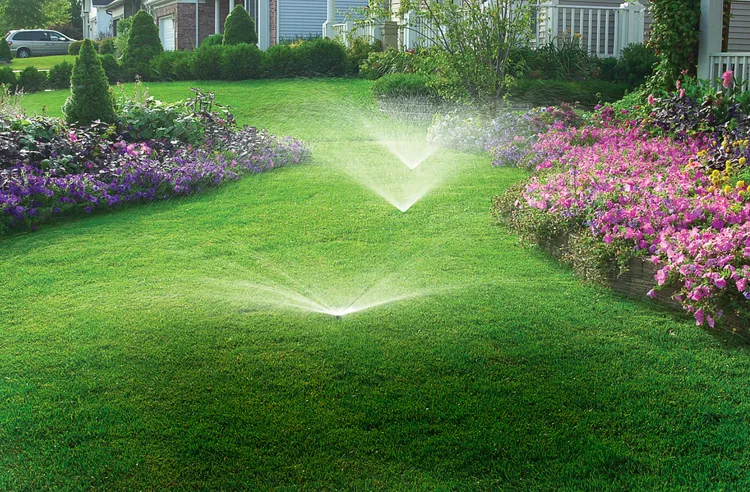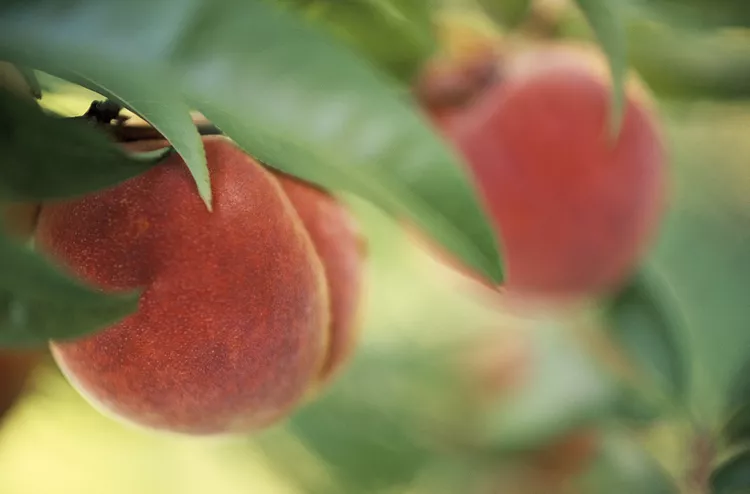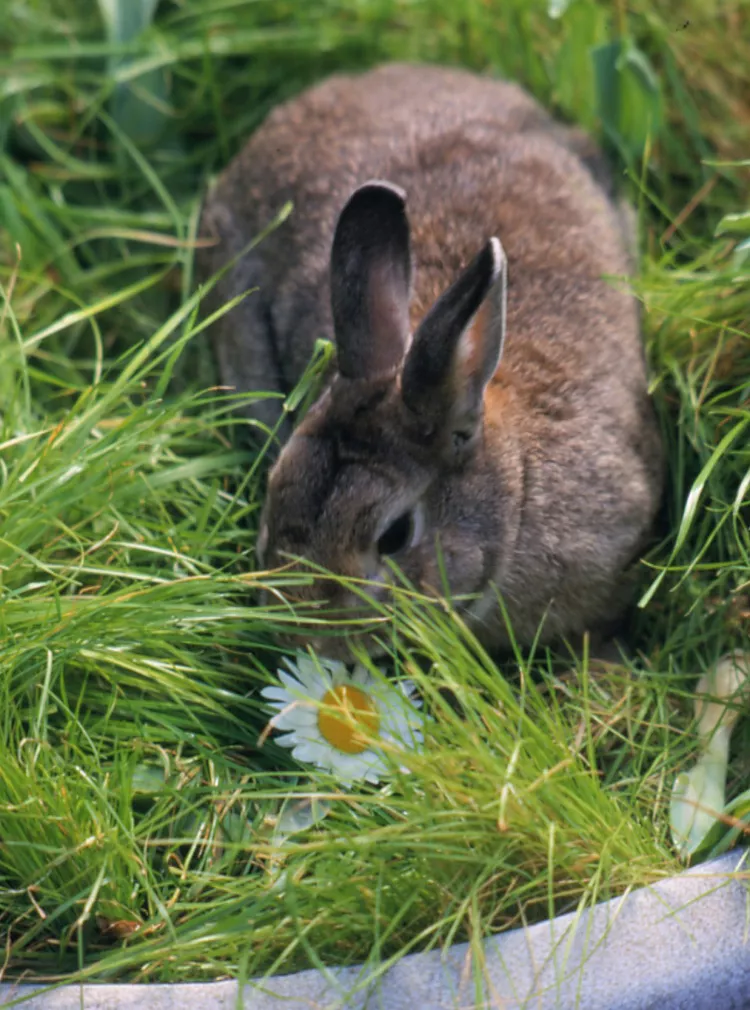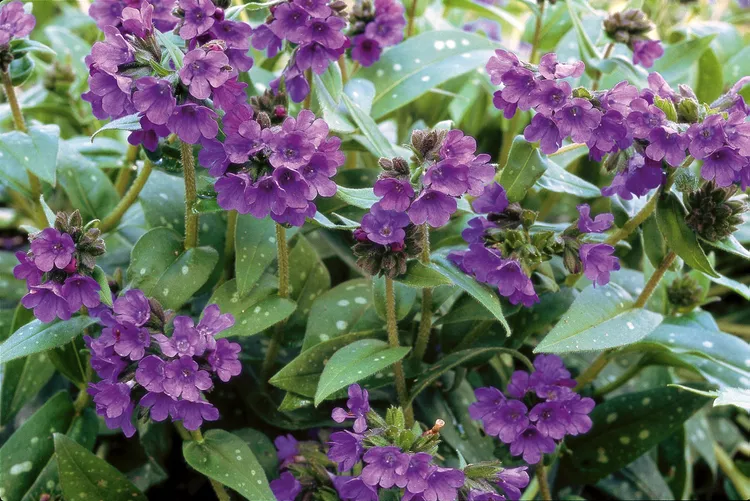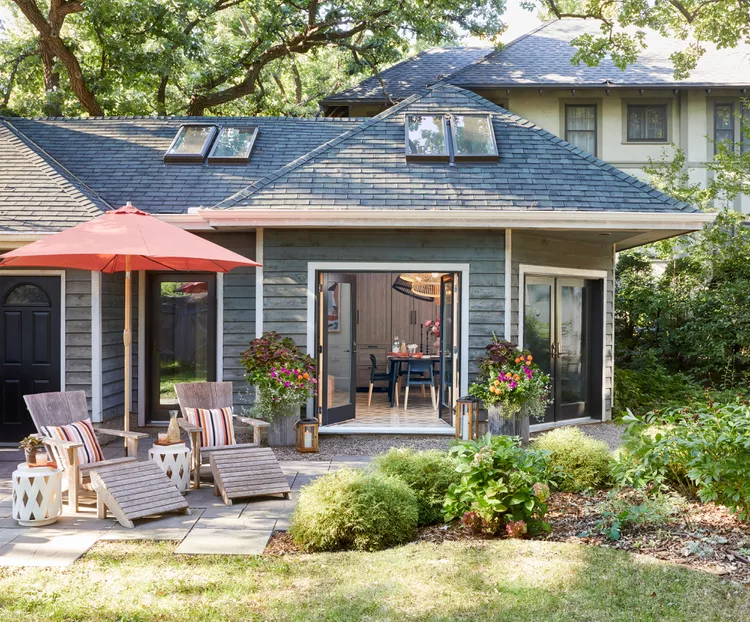You may be tempted to resort to potent products when weeds become a losing battle. Unfortunately, many substances sold to combat pesky plants aren't pet-friendly weed killers. Even "eco-friendly" or natural herbicides are capable of causing injury when misused. Add a dog that likes to dig and roll in your lawn or garden, and you could risk harmful effects.
In fact, even just romping in the grass can pose a threat since your furry friends can pick up herbicides and other pesticides when walking through the yard. Those substances transfer to their paws and fur, which they may inadvertently ingest while grooming themselves.
So, are you doomed to a weedy yard if you have pets? Not necessarily. Some pet-friendly weed killers and lawn-care strategies can cut down on leafy invaders without threatening the health of your animals. Here's what you need to know to keep your pets safe while warding off weeds.
Pet-Friendly Weed Killers
Before you waste time, effort, and money on ineffective products or potentially harmful substances that put your pet at risk, evaluate your tolerance for weeds. Can you live with a light smattering of them? A few lawn weeds aren't problematic—as long as you work to keep the grass healthy, the unwanted plants aren't likely to get out of control. Also, mulching garden beds regularly will keep weeds from taking over ornamental plantings.
1. Weeding by Hand
The most effective way to eradicate lawn and garden weeds is by removing them by hand. It can be tedious work, but it's the best way to ensure you eliminate the plant's root. (Both harmful and non-harmful weed killers can leave roots behind to regenerate; for example, dandelions have long roots.)
Many handy weeding tools on the market speed up the process, so if your problem is sporadic weeds, this is a fairly surefire way to handle them without using potentially harmful substances. Hand-weeding is best thought of as an ongoing practice, and it's most effective when begun in spring. In garden beds, you can eradicate weed seedlings by hoeing.
The other primary benefit of weeding by hand is that you can be selective—only the plants you want to kill will be affected. Unfortunately, most environmentally friendly herbicides and weed-killing methods aren't picky; they'll kill or damage any plant they touch.
2. Smothering Weeds
Like any plant, weeds need sunlight to thrive. So if you block their access to light, they'll die. The easiest way to suffocate them is to lay down a thick layer (3 to 5 inches) of organic mulch, such as wood chips or pine needles. (Avoid cocoa mulch, which is toxic to dogs if eaten.). The mulch allows water and air through but keeps sunlight out. As a result, your soil will stay healthy; small weeds and seeds hidden under the mulch won't survive.
When creating a new garden, you can lay opaque plastic sheeting, layers of cardboard, or carpet scraps over the area where you want to kill all plants. Leave the layers in place for about six weeks during the growing season to smother weeds effectively. Avoid tilling the soil afterward to prevent buried weed seeds from being brought to the soil surface, where they can more easily germinate.
3. Applying Horticultural Vinegar
In its concentrated form, vinegar can kill young, tender plants. Keep in mind that horticultural vinegar is a non-selective killer, meaning it will damage any plant it touches. Also, be aware that it's a strong acid, so avoid contact with your skin, eyes, or nose. (Make sure to wear gardening gloves!) Read and follow label directions carefully, and keep your pets off of treated areas until the vinegar dries.
This method is especially effective for cracks in sidewalks or driveways. But don't be discouraged if the first application doesn't do the job: Since horticultural vinegar only damages the plant tissue it touches, established weeds may not die until you've sprayed them a few times.
Using horticultural vinegar may sound like a money-saving idea, but it isn't. Concentrated vinegar is a pet-friendly weed killer that can be as expensive as standard commercial herbicides.
4. Burning or Boiling Weeds
If occasional weeds are your problem—think pesky sprouts that pop up between patio pavers or cracks in the driveway— extreme heat is a pet-friendly weed killer. Try burning them with a welding torch or scalding them with boiling water. Just be careful not to injure yourself in the process! Note that these methods won't kill the roots of established weeds and may have to be repeated several times over the summer.
5. Other Natural or Organic Pet-Friendly Weed Killers
Several products sold in stores use concentrated essential oils, soaps, or other natural ingredients. Very few of them are selective weed killers, so they'll damage anything they touch; they also have different levels of effectiveness.
Corn gluten meal showed initial promise as a pre-emergent herbicide. Still, there are downsides: The application timing (in spring before weeds emerge) is critical since it doesn't affect established weeds. The upshot is that it's a pet-safe weed killer.
Some products work but take days to show results, and many require repeated applications. Read and follow label directions carefully, don't expect instant or permanent results, and keep pets away from newly-treated areas according to the product's instructions. Although a product may claim to be made of natural ingredients, it can still potentially irritate your skin, eyes, or nose.
What Not to Use
Some household products suggested for killing weeds, such as salt, borax, or sugar, are ineffective and can damage the soil. For example, borax will inhibit the growth of desirable plants. Salt can likewise cause a severe imbalance in soil chemistry. Sugar attracts pests of all kinds, and it might even entice your pets or wildlife to eat something they shouldn't.
Rethink Your Garden's Design
If you want your lawn and garden to be completely weed-free, you'll need to think carefully about what methods or materials to use. You may want to consider options for your garden's design to reduce the need for weeding.
A naturalistic plan will camouflage weeds since it presents a less regimented look than a more planned layout. Some gardeners choose to revert to a wildflower garden, allowing plants to grow naturally and attracting more pollinators and birds to their outdoor space. Rock gardens, container gardens, and adding a deck instead of a patio are all traditional lawn and garden options that will reduce the need to use even pet-friendly weed killers or chemicals to keep your yard looking the way you'd like it to.
